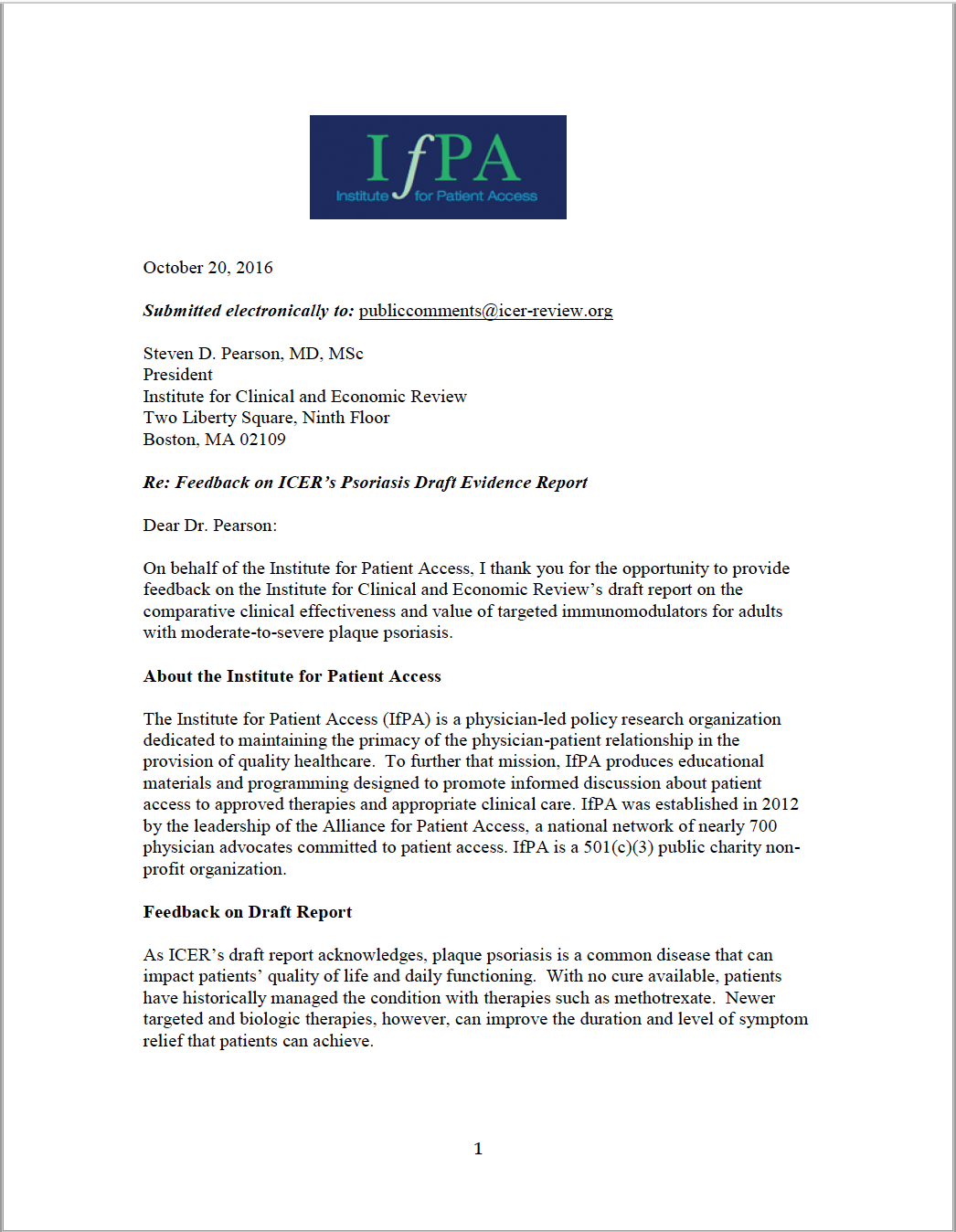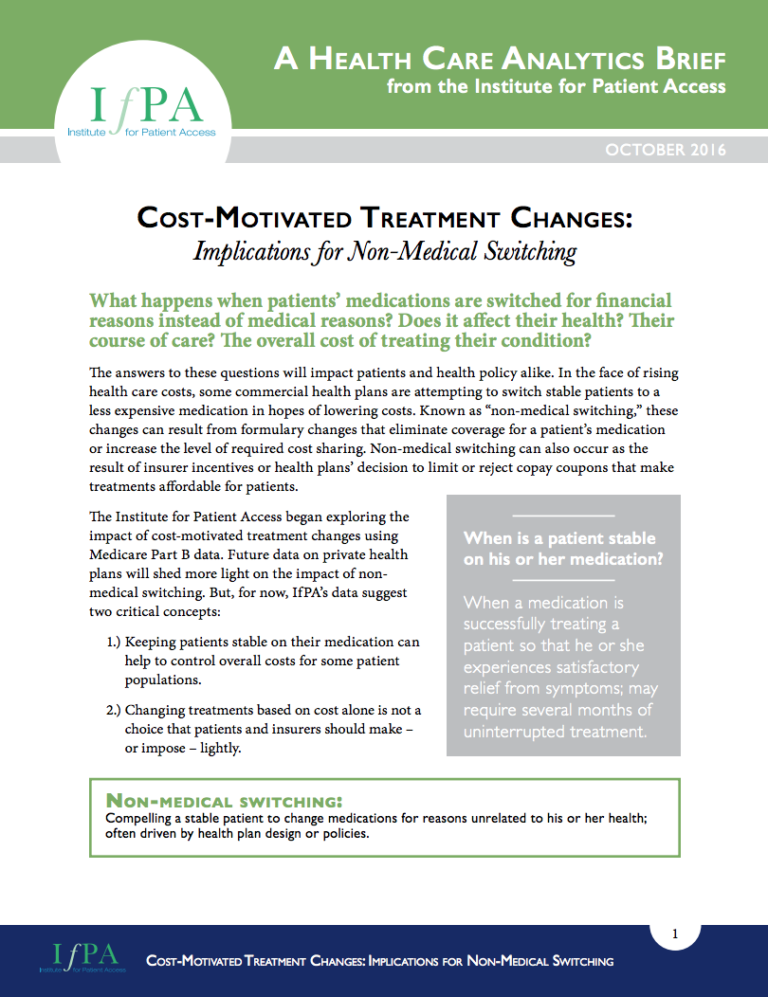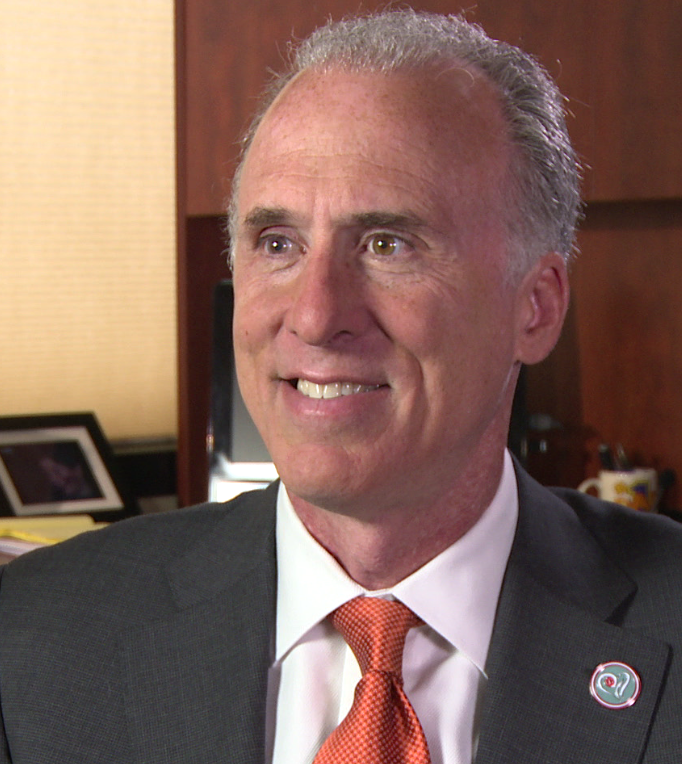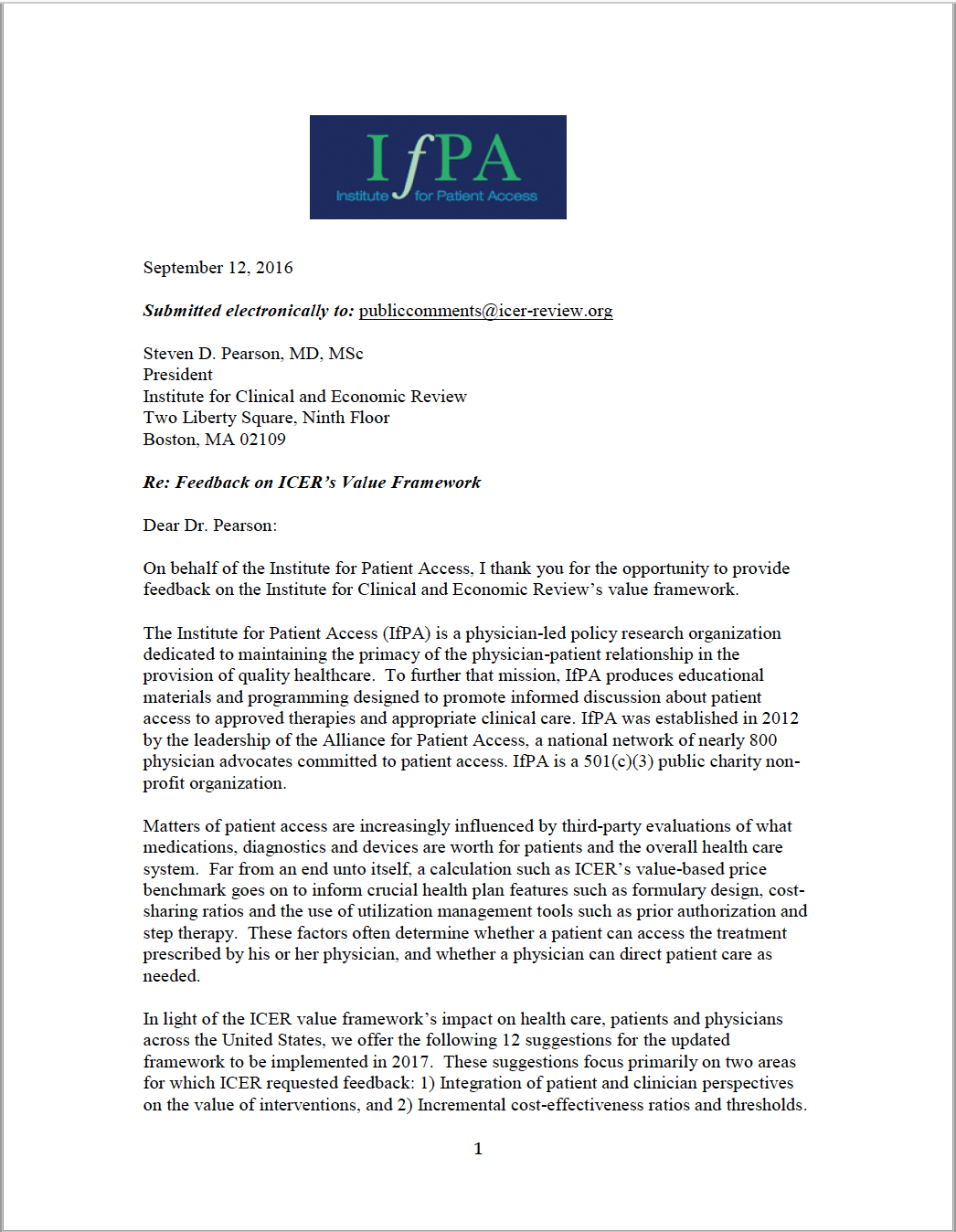

October 20, 2016
As ICER’s draft report acknowledges, plaque psoriasis is a common disease that can impact patients’ quality of life and daily…

October 12, 2016
Preliminary data from the Institute for Patient Access suggest what opponents of non-medical switching have long suspected: having medications switched for financial reasons could be bad news for patients with chronic diseases.
September 29, 2016
Innovative but costly anti-cancer drugs have spurred the development of several value assessments and cost frameworks, all designed to explore one question: Do the benefits of these treatments justify their price? Now, new research published in Health Affairs suggests that these treatments may significantly extend the life expectancy of some cancer patients.

September 23, 2016
Medicine is at a crossroads; cardiology in particular. I saw this fact magnified at the American Society for Preventive Cardiology’s recent town hall on access barriers to PCSK9 inhibitors.
September 20, 2016
A United Nations panel has a controversial idea for improving patient access to necessary medicines: curb intellectual property rights.
September 16, 2016
Along with other advocacy, education and health care organizations, the Institute for Patient Access wrote to the Institute for Clinical and Economic Review this week offering 12 suggestions on how to improve its value framework. The letter responded to ICER’s request for feedback as it prepares to update its framework for 2017.

September 12, 2016
In light of the ICER value framework’s impact on health care, patients and physicians across the United States, we offer the following 12 suggestions for the updated framework to be implemented in 2017. These suggestions focus primarily on two areas for which ICER requested feedback: 1) Integration of patient and clinician perspectives on the value of interventions, and 2) Incremental cost-effectiveness ratios and thresholds.
August 30, 2016
A new analysis calls for drastic price reductions for PCSK9 inhibitors, breakthrough lipid-lowering medications. Data published in the Journal of the American Medical Association suggest that the treatments would need to be reduced to two-thirds their current price to meet analysts’ cost-effectiveness thresholds.
June 23, 2016
High drug prices have led to a proliferation of value models that investigate how the United States can control ballooning health care costs. But just how realistic are these models – and their implementation?

April 13, 2016
The Food and Drug Administration’s role is to determine a follow-on drug’s biosimilarity to its biologic predecessor, explained FDA’s Steven Kozlowski, MD, at Tuesday’s National Policy & Advocacy Summit on Biologics and Biosimilars.







